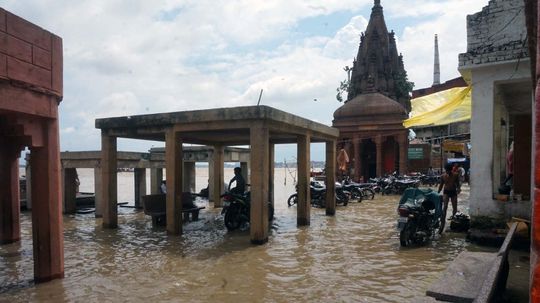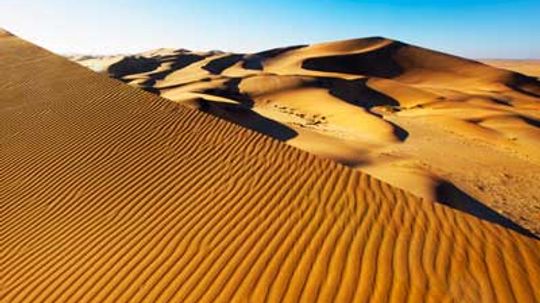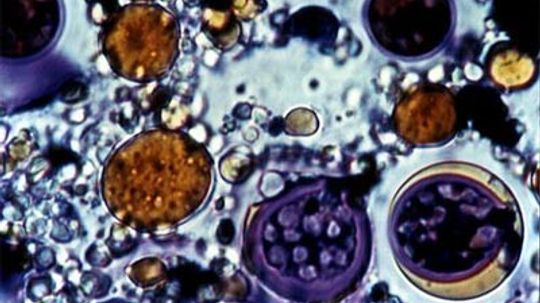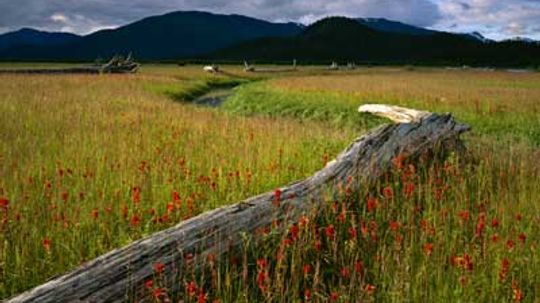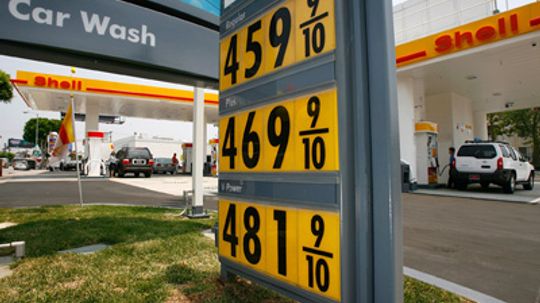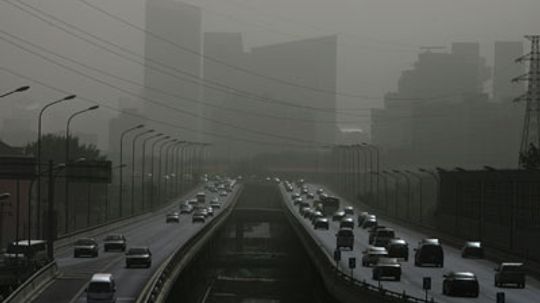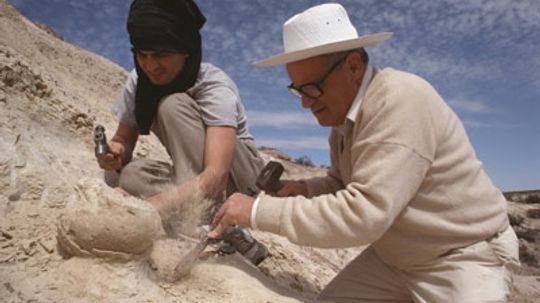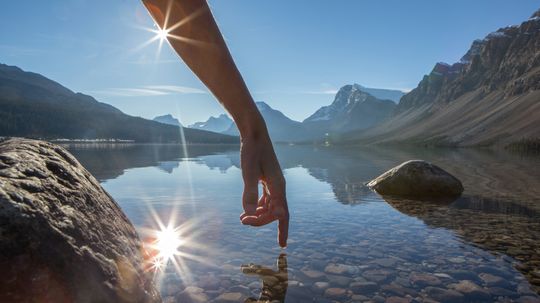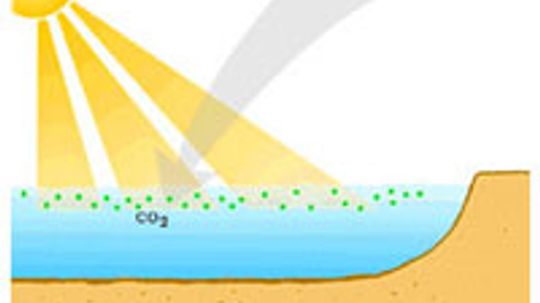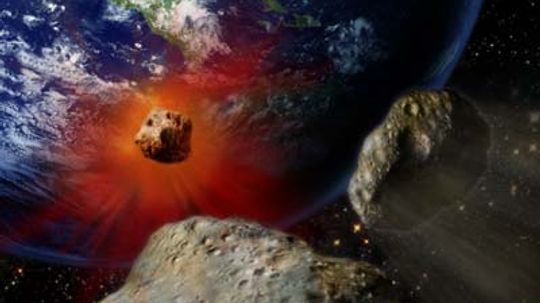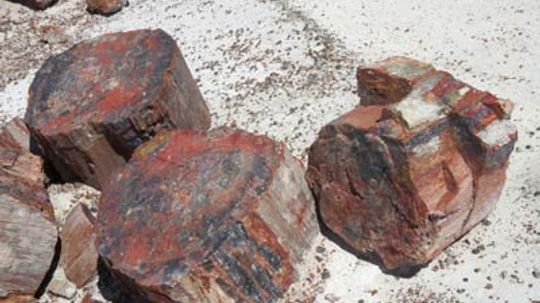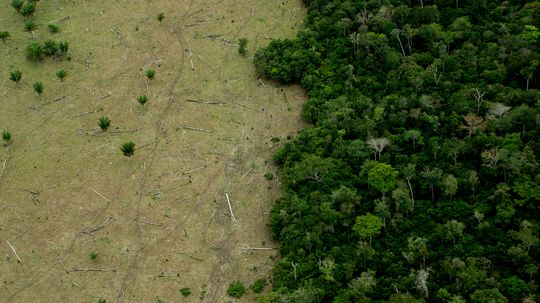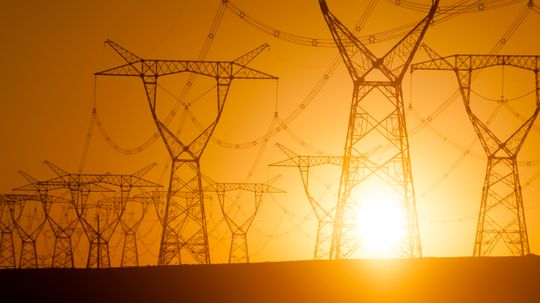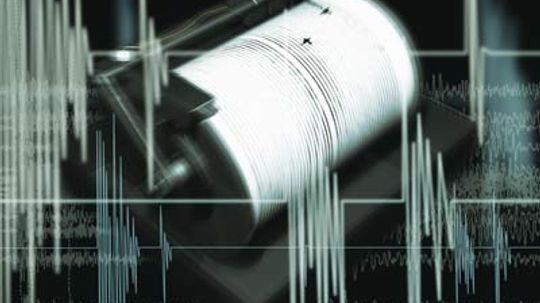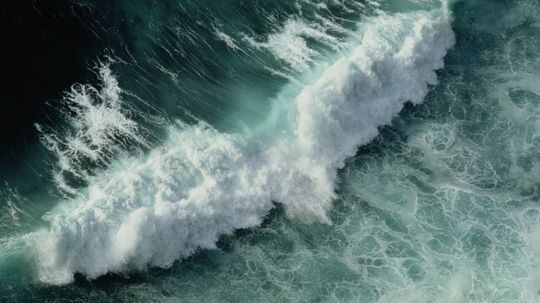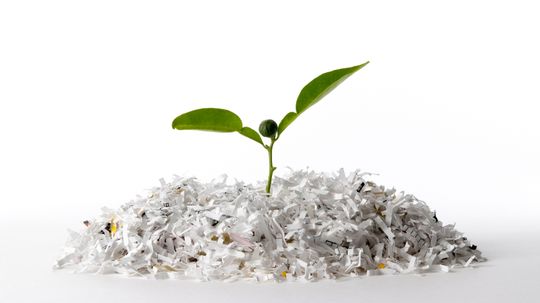Environmental Science
The environment is truly a thing of beauty and should be protected whenever possible. What can we do to save the environment, and what new technology is available to help us?

The Fish Doorbell Isn't a Joke ... Seriously
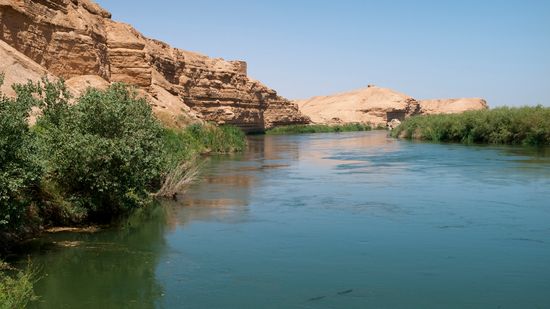
The Euphrates River, at the 'Cradle of Civilization,' Is Drying Up
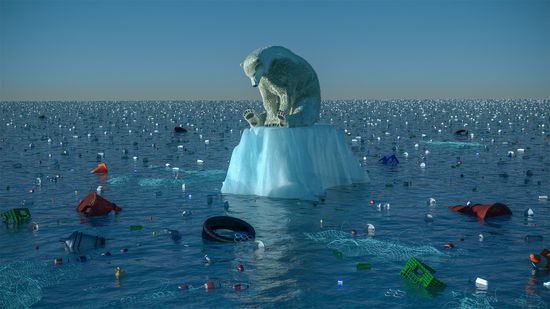
Study Says 2035 Is Climate Change Point of No Return
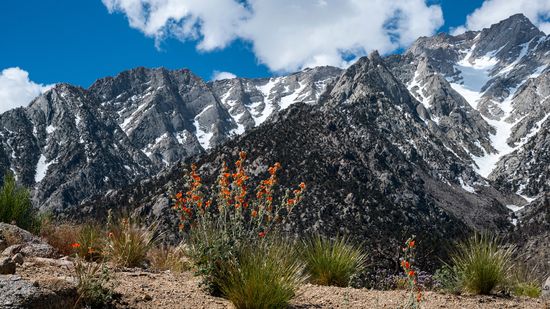
What State Has the Most Mountains in the U.S.? 8 Peak Records
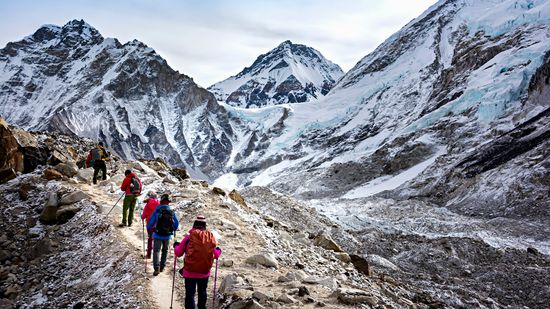
The Most Dangerous Mountain to Climb (and 14 Giving Steep Competition)
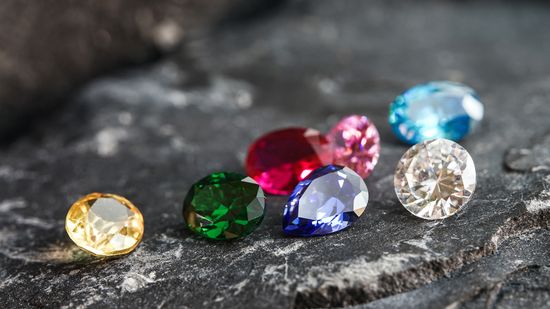
15 Types of Gemstones to Add a Little Sparkle to Your Life
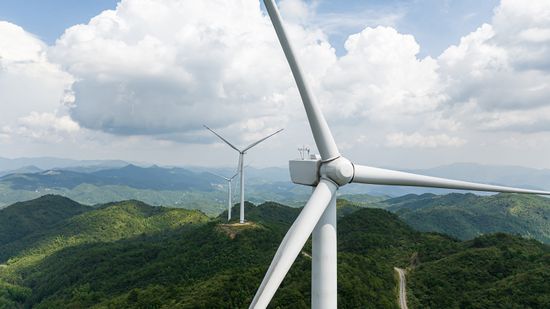
How Many Birds Are Killed by Wind Turbines, Really?

How a Lithium Mine Works and Impacts Local Communities
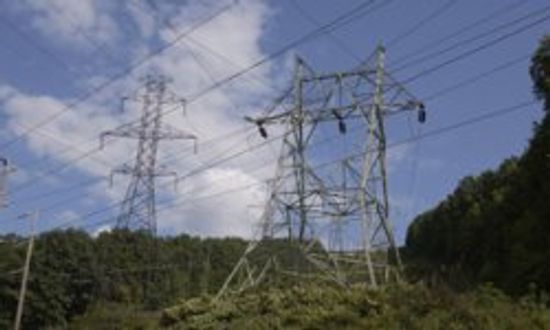
How to Sell Electricity Back to the Grid
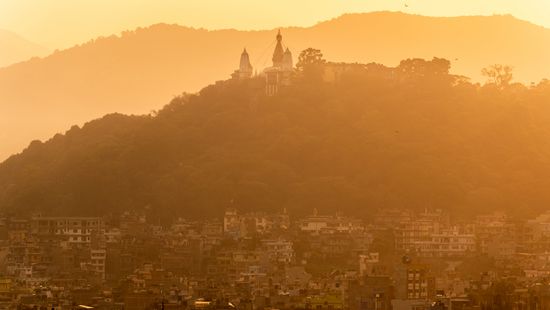
The Worst Air Quality in the World Is in Mountainous Terrain

The World Hits 8 Billion People; Is That Good or Bad?
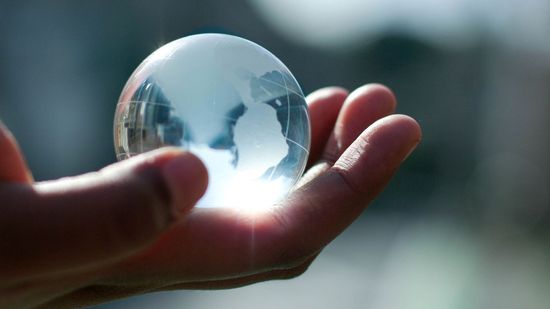
Quiz: Can You Tell Climate Change Fact From Fiction?

6 Most Futuristic Cities Powered by Renewable Energy
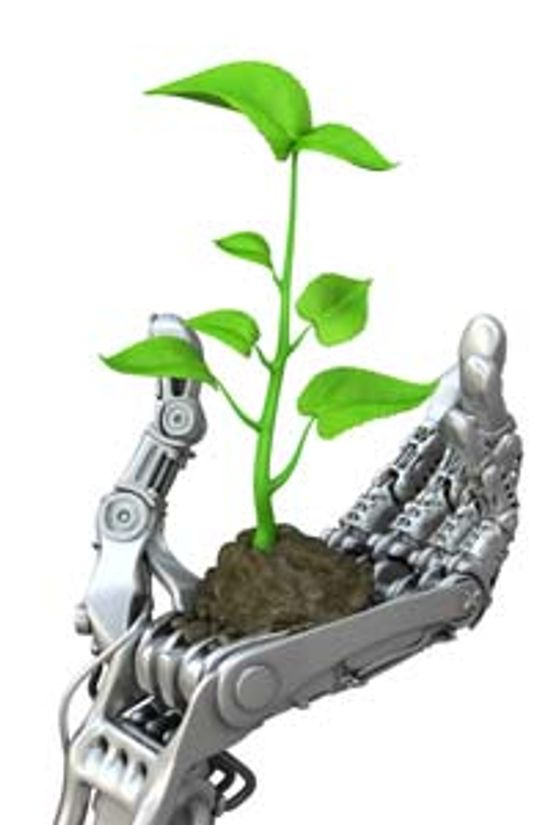
Top 5 Green Robots
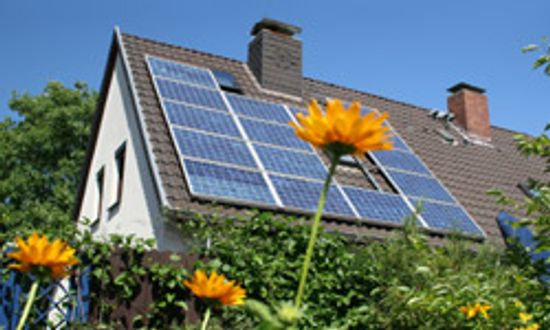
5 Things to Consider When Building a Solar-powered Home
Learn More / Page 11
Experts expect more than 1 billion climate refugees by the year 2050. Where will they go and how will the world feed, clothe and shelter them?
While it's good to be environmentally accountable, too much eco-angst can spiral into an actual anxiety disorder. What makes people lose sleep thinking about their big, muddy carbon footprints?
Did you know that sand dunes can sing? And, their artistic curves certainly make for a gorgeous photograph. In fact, you might call the sand dune the diva of the desert.
By Debra Ronca
Advertisement
With the global food crisis, some people feel that using food to make biofuel just doesn't make sense. Could algae be a solution? How could algae possibly fuel cars and even airplanes?
Wetlands may look murky and even creepy, but their value is clear. They soak up floodwaters and filter runoff before it enters our lakes and streams. How can we protect these spongy areas?
By Debra Ronca
Are wind farms and other renewable energy sources the closest we can come to free energy? Isn't there some crackpot invention out there that you can set up in your backyard?
What if you could scrub out carbon dioxide emissions before they ever dirtied the atmosphere? This exciting technology could do just that, but will the benefits outweigh the costs?
Advertisement
Dinosaur eggs and the embryos inside can teach us a lot about dinosaur reproduction and behavior. But how do scientists get the rocky embryos out from the equally rocky shells?
It's colorless, odorless and definitely life-sustaining, but is it invisible to the naked eye? Not usually. So what's going on with everyone's favorite liquid?
By Robert Lamb
Popeye used the iron from spinach to morph into a formidable sailor. We know that iron is an essential component of the human body. But could it also be the answer to global warming?
A sustainable community might not be as radical as you think. What's so crazy about minimizing waste, reducing consumption and preserving green space?
Advertisement
We all know the cartoons of prehistoric people running from dinosaurs aren't realistic. But many animals living today have ancestors from that time.
Everyone knows that once a bone has fossilized, it's hard as a rock, right? So how did scientists find soft tissue inside a broken dinosaur bone?
In "Back to the Future," Doc Brown throws garbage into Mr. Fusion, powering his time machine. We might be closer than you think to generating electricity for our homes using trash.
Environmentalists have found a way to harness the military precision of missile-tracking technology for a decidedly nonviolent mission: replanting forests. So what do C-130 aircraft have to do with reforestation?
Advertisement
Plants absorb carbon dioxide and feed us oxygen. So it's pretty much a no-brainer: Plowing down our forests is a bad idea. What's driving the destruction? And is anything being done to stop it?
By Debra Ronca & Sascha Bos
Diamonds are beautiful and popular - but not everyone can afford these gems. While man-made versions are less expensive, most lack the luster and brilliance of the real thing, except moissanite. See how it compares!
By Melissa Russell-Ausley
Electrical power is a little bit like the air you breathe: You don't really think about it until it is missing. There are good reasons the power grid distribution system works the way it does, though it can lead to some big problems.
By Marshall Brain & Dave Roos
Is it possible to generate electricity directly from heat? Thermocouples do it, with no moving parts.
Advertisement
A seismograph can accurately measure the movement of the Earth during a quake. How does a seismograph work, though, and what is the Richter scale that is associated with earthquakes? Learn the answers to these questions in this article.
By Sascha Bos
Water is one of the most abundant substances on the planet. About 70 percent of our planet is covered by oceans, but just how much water is there on Earth?
We know that paper comes from trees, but just how much does it take? Let's do the math and figure out how much paper your average tree can be made into.
During the summer I am always hearing about ozone warnings in my city. This ozone is bad. But then I hear about the ozone layer, which is good. How can ozone be both good and bad?
Advertisement
Charcoal is carbon. Activated charcoal is charcoal that has been treated with oxygen to open up millions of tiny pores between the carbon atoms. What does this have to do with its absorbancy?
Gravity is a force that we experience every minute of our lives, but hardly notice or give a passing thought to in our daily routines. Have you ever wondered what gravity is and how it works? Learn about the force of gravity in this article.
